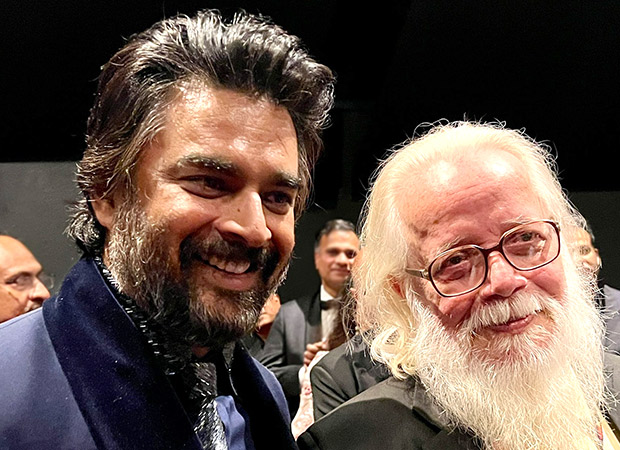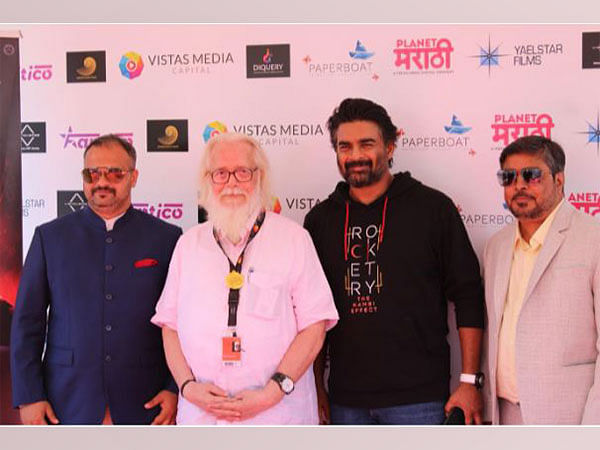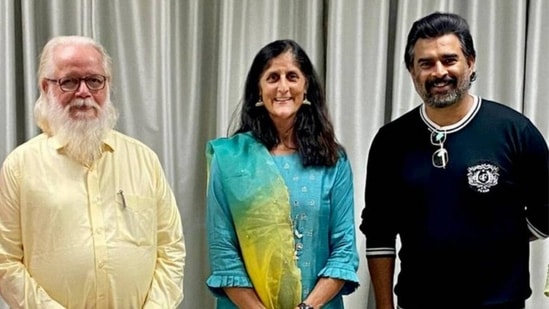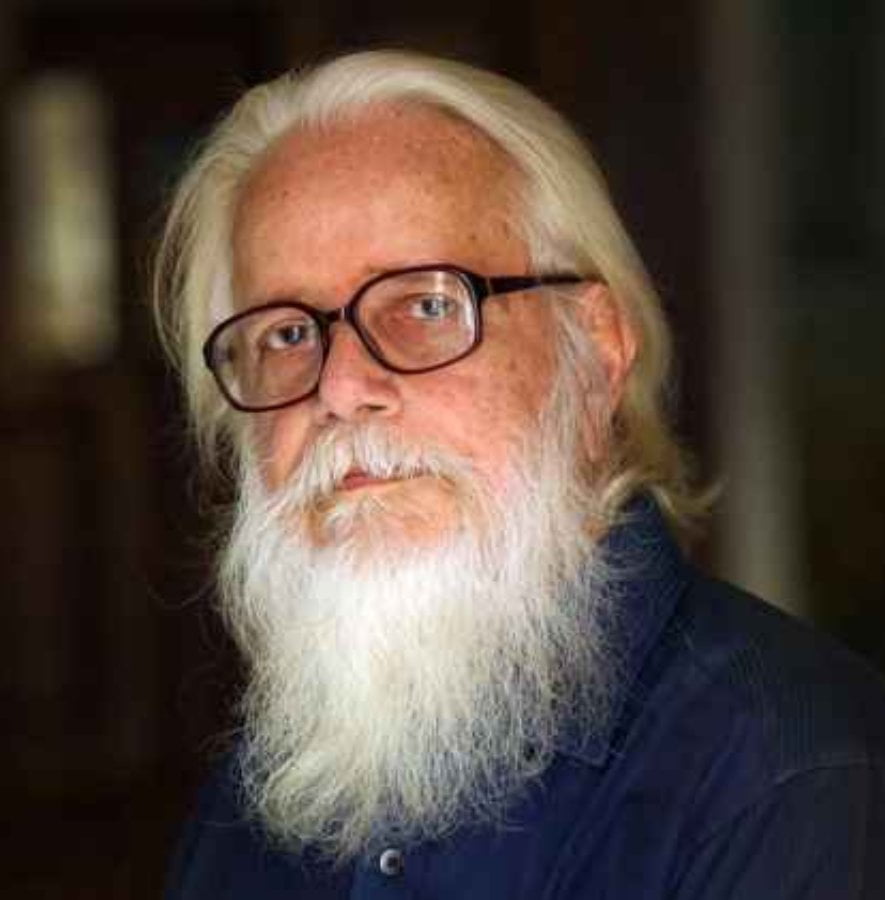R Madhavan’s Rocketry: The Nambi Effect found itself entangled in controversy after former ISRO colleagues disputed claims made about Nambi Narayanan in the biopic.
The ISRO veterans claimed that 90% of the claims made in the biopic, especially those related to cryogenic propulsion, were inaccurate.
Full story

In a meet-the-press program organized by the Thiruvananthapuram Press Club on Wednesday, former ISRO scientists challenged allegations made by Nambi Narayanan, the scientist who was implicated in the ISRO espionage case of 1994 and stressed on the fact that comments made by Narayanan in different forums are baseless and tended to mislead the public.
“ISRO’s successes are the products of teamwork and any one individual cannot claim sole credit,” they added.
While they meant no ill will to the Padma Bhushan awardee, they wished to put forth the truth for the benefit of ISRO and the public, they said.
In another shocking claim, Narayanan himself had once told Muthunayagam that he got the Padma award because of his connections in the national capital, the former LPSC director said.
The Nambi effect in brief

In his directorial venture, R Madhavan’s blockbuster biopic revolved around eminent aerospace scientist Nambi Narayanan who was falsely implicated and tortured in an espionage case in 1994. First premiered at the 2022 Cannes film festival, the biopic received critical acclaim, with personalities hailing the scientist’s massive contributions to ISRO’s space programs.
What irked the veterans?
Recently, Mr. Narayanan claimed that he had good knowledge of cryogenic propulsion systems from his Russian friend during his MS program at Princeton University. He did not disclose anything about it to the cryogenic study project of the mid-eighties, or in 1987 to E. V. S. Namboodiri or to his controlling officer or to ISRO management. The role of Mr. Narayanan in these claims in public meetings for years and the film Rocketry may be critically examined and the truth brought to the benefit of the public,” Dr. Muthunayagam said in a written statement.
“Major developments in cryogenic propulsion took place in ISRO after Mr. Narayanan left the LPSC in 1994. Mr. Narayanan was neither a member of the study project which, in the mid-eighties, recommended the development of cryogenic propulsion systems, nor did he make any contributions to it. He was also not in the Cryogenic Propulsion Development Group formed by Dr. Muthunayagam in 1987 with Mr. Namboothiri as Group Director, A. E. Muthunayagam, former director, Liquid Propulsion Systems Centre (LPSC), said.
Unanswered questions about the 1994 case

In the conference, Muthunayagam added that although Narayanan often claimed that he was severely tortured by the police while in custody during the espionage case in 1994, another ISRO scientist D Sasikumaran, who was also an accused in the case, said that he was i.in custody for nearly 12 days but didn’t suffer any physical torture, but was only humiliated. Sasikumaran had said that Narayanan was in police custody only for three days.
‘It is a matter of serious concern why the then ISRO chairman processed the espionage case on non-existing cryogenic technology and initiated disciplinary proceedings against two senior officials of LPSC. Dr. Kasturirangan, then chairman of ISRO, could clarify this very important issue,” Dr. Muthunayagam said, refusing to divulge in further details of the 1994 case.
These facts refute the claims made by Nambi Narayanan. The espionage case, in 1994, involved claims that two scientists and four others, including two Maldivian women, transferred certain space programs to foreign nations. The scientist was then charged with espionage and arrested. After the CBI took up the case, it was revealed that the allegations against the scientist were untrue. The scandal also created political turmoil, with the late K Karunakaran, the then-chief minister of Kerala, being targeted by a faction of the Congress over the high-profile scandal, eventually resigning from his post, ending his political career.



















































































